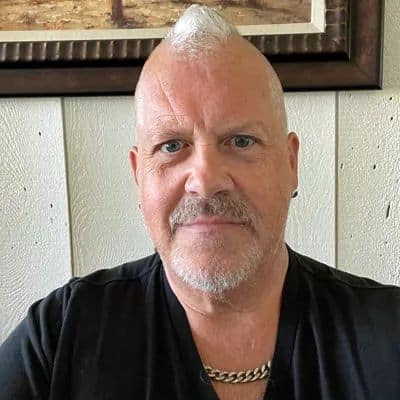By now you’ve all heard about 3-2-1 computer backup. Having three copies of your data makes sense, but this relies on knowing where your data is in the first place. Is everything on your computer? What about the external drive in the closet? Or the SD cards in the drawer? Is some of your data in a cloud application, and what happens to that data if you forget to pay the subscription? I call this problem “Data Scatter” and it is the enemy of the 3-2-1 backup model. It’s hard to back up all your data if the primary copies are scattered everywhere. Let’s walk through the problem and we’ll propose a few things you can do to reign in your data and give the 3-2-1 backup model a fighting chance.

Already a member? Log in









You should receive a confirmation email with a link to the webinar soon.
You’ll also receive a reminder both the day before and one hour before the webinar begins.
Didn’t receive a confirmation email?
You successfully registered for %s.
You should receive a confirmation email with a link to the webinar soon.
You’ll also receive a reminder both the day before and one hour before the webinar begins.
Didn’t receive a confirmation email?
To ensure a smooth, high-quality webinar experience, check the quality of your internet connection.
On the day of the webinar, connect 30–40 minutes before and turn off any background software. If you can’t tune in live, you can view the recording later in the Webinar Library. If joining via a mobile device, be sure to first install the free GoTo app.
Questions? Contact us or read our FAQ.
It looks like you’re already registered for this webinar
You can register for another webinar.
Didn’t receive a confirmation email?
It looks like you’re already registered for these webinars
You can register for another webinar.
Didn’t receive a confirmation email?
Something happened on our end, sorry about that
We were unable to complete your registration.
Please try again later.



 Syllabus
Syllabus
As always, Thomas provides great information. This is case where we all need to take action based on what we learned. No excuses now! Thank you!
Great information from Thomas MacEntee, was great to see him!
Good webinar… Thank you
very informative
Very informative Webinar…appreciated the info and will consider buying and updating my system.
Thanks so much for having Thomas MacEntee speak on the inportance of back-up which is so important and necessary to keep our files safe!
Ever changing technology will always be a challenge, thank you Thomas for making things so much easier to understand. Backup Data is very very important!
Thomas always is a Special Guest! He is so informative. Thank you for this class.